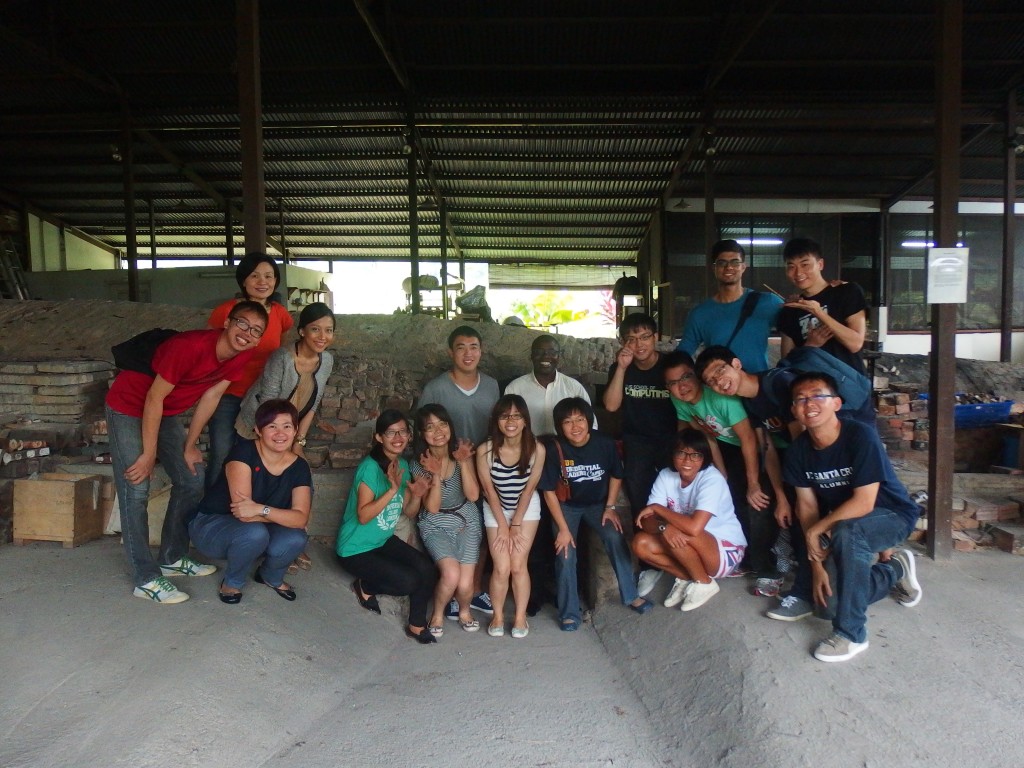In AY2014/15, NUS introduced a new grading system for modular degree programmes in the form of a revised S/U policy, where students may exercise the S/U option (i.e. students can decide whether to include or exclude the grades obtained for those modules in the computation of the Cumulative Average Point) for up to 20 modular credits (MCs) during the first semester of their candidature. In addition, students may exercise the S/U option for up to another 12 MCs at any time during the candidature.
The objectives of this grading system are to encourage a change in the way students think about grades and learning at university, and to help students make a smooth transition to the academic and social culture of university life. In so doing, a student’s anxiety about his or her academic performance should be alleviated during the first semester.
I had previously conveyed that we will be monitoring and evaluating how students and faculty members take to this new grading system.
Two cohorts of freshmen have since experienced the new grading system in their first semester and it is time to take stock. The usage patterns of the S/U options were similar for the first-year students of AY2014/15 and AY2015/16. Majority of students (about 80%) had exercised their S/U options for 3 or fewer modules; about 5% of students had exercised their S/U options fully.
We studied the student feedback carefully and an analysis of the qualitative comments received found that students took well to the new grading system. The new grading system also helped to reduce stress levels, and had encouraged them to take academic risks.
We have also noticed that students have become more adventurous in their choice of modules, and have ventured beyond their academic comfort zones. Nearly one-third of the modules read by first-year students in AY2015/16 were non-core modules (defined as modules not read as essential, programme essential, elective, programme elective or compulsory cross-faculty module). This is a significant increase compared to the modules read by the first-year students in AY2013/14. I see this as a positive development, that students are increasingly making good use of the opportunities of being in a comprehensive university, to broaden their perspectives and horizons by reading modules beyond their degree discipline.
To better analyse the effect of the grading system on student academic performance in the first semester, faculty members were asked not to vary their teaching and grading methods. It was found that there were no significant changes in the overall grade distributions before and after the revised S/U policy was introduced. This suggests that student academic performance was not compromised, even though they now have access to the S/U options for their first semester. NUS students were not complacent and continued to be academically engaged. With the S/U option, there remains a strong incentive to strive for good grades, while eliminating the anxiety and stress of poor grades. Having worked with two cohorts of freshmen, faculty members are convinced that NUS students are intrinsically motivated and in general, possess good learning habits.
To enable students to benefit from the S/U option more fully across the first year, NUS will be making further adjustments to the grading policy for first-year students. From AY2016/17, first-year students may exercise the S/U option for up to 32 MCs in their first year. If this is not fully utilised, the S/U option may then be saved for modules taken in subsequent semesters, for up to 12 MCs.
In essence, the total number of MCs available for S/U throughout one’s undergraduate candidature will remain unchanged, at 32 MCs. But students will now have the flexibility to exercise the S/U option for most modules in their first year, hence extending the opportunities for academic exploration across the first year, beyond the first semester.
The first-year grading policy must be seen in the context of a suite of educational initiatives that NUS has introduced progressively in recent years, to create a truly transformative educational experience that prepares students to take on the challenges of life and work in the 21st century. The new General Education curriculum, the Centre for Future-ready Graduates’ life skills programmes, expanding opportunities for students to participate in the NUS Overseas Colleges Programme as well as integrated living and learning at our Residential Colleges, are but some of the educational enhancements that enable students to maximise their learning experiences at NUS.
Students admitted into NUS are academically strong. We hope that this new first-year grading policy that will take effect in AY2016/17 will create even more time, space and opportunities to pursue adventurous and deep learning, and to move away from the over-emphasis on grades.
On a related note, MOE has recently announced that from 2021, the Primary School Leaving Examination (PSLE) T-score will be replaced with wider scoring bands. Under the new scoring system, PSLE grading will no longer be based on how students fare relative to their peers. This move will hopefully encourage students to go beyond being exam smart, and to focus on one’s own learning, rather than competing to do better than others. Acting Minister for Education (Schools) Mr Ng Chee Meng explained that the current PSLE scoring system is too precise, and differentiates students more finely than necessary.
I welcome this move. MOE recognises that education is not about training book smarts – the emphasis should be on learning. There is no need to grade, sort and differentiate students at every possible juncture.
In the same spirit, the freshman year is an opportune time to immerse oneself in the social and academic culture of university life, to uncover, discover and pursue one’s intellectual curiosities and passions, setting you on course for lifelong learning. At NUS, we have created a first-year grading policy that allows for this self-development journey.
Please let me have your thoughts.


